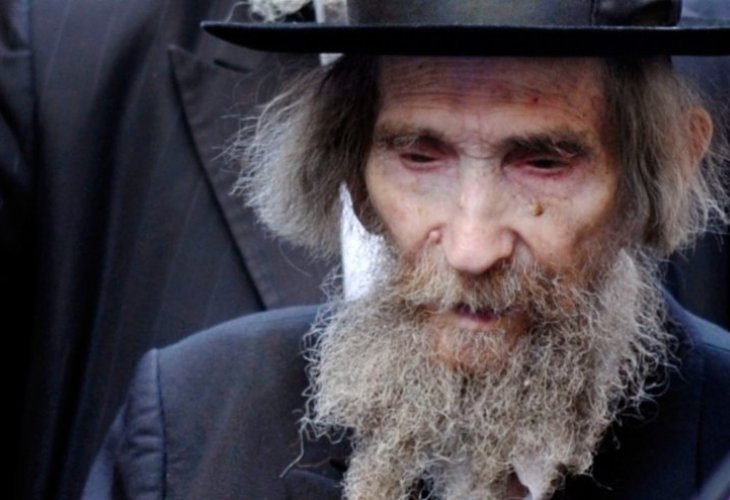Torah Personalities
Rav Shteinman's Spiritual Dedication to a Higher Purpose
Rav Menachem Jacobson reflects on the spiritual life of Rav Shteinman zt"l and contrasts it with Greek culture, encouraging us to follow his path.
 Rav Shteinman zt"l
Rav Shteinman zt"lThe first instance of assimilation in Jewish history appears during the Greek period. 'Hellenization' was the initial broad integration within the surrounding culture, where Jews attempted to erase their identity, even denying their circumcision. Many denied their own traditions, similar to the Sadducees and Boethusians, who rejected the resurrection and the oral tradition, forming alliances with the Greeks.
As the Ramban observed, 'Without the Hasmoneans, Torah would have been forgotten,' highlighting the vast assimilation. Rabbi Jonathan Eybeschutz noted that the Sadducees and Boethusians were a significant majority at the time.
These trends led the nation to a spiritual crisis, making the Hasmoneans' victory crucial for sparking a renewal in Torah learning and Jewish tradition.
Historical Insights into Hellenization
Despite the existence of the Temple and the sages, Torah influence waned to a critical degree. How did this happen?
We propose a theory tracing the roots of the Sadducee and Boethusian schools. While it was due to a misinterpretation of 'Antigonus of Socho' denying the afterlife, why did they specifically reject the oral tradition and sages?
The renowned work of the Ramchal, 'Mesilat Yesharim,' discovered in Moscow, elaborates on life's purpose beyond this world. Ramchal notes a sect within observant Judaism, believing life was for enjoying this world, contrary to striving for spirituality.
The Ramchal refutes this by arguing that spiritual yearning negates the purpose in worldly pleasure alone.
Although Ramchal doesn't specify this sect, we identify them as the Sadducees and Boethusians, noted for indulgent living in stark contrast to the 'Perushim,' the Pharisees, who embodied simplicity and asceticism for wisdom.
The Hellenistic Cultural Life
Sadducees and Boethusians, denying the afterlife, saw earthly pleasures as life’s ultimate goal. This clashed with the sages' life views, seen as austere yet ideal for wisdom.
While the Torah's sages lived sparingly, they were spiritually fulfilled, confident in both worldly happiness and future rewards. Their title, 'Perushim,' derived from ascetic devotion for divine wisdom.
Rav Aaron Leib, known for his minimized worldly needs, exemplified devotion over materialism, right to his austere home on Chazon Ish Street. Through his life’s work, his passing left thousands in mourning.
During Chanukah, it's vital to embrace Rav Steinman's path. Reignite the hidden light symbolized by the Chanukah candles, ensuring future generations continue this proud heritage.
This article is adapted from Rav Menachem Jacobson, Head of Yeshivat 'Maor Yitzchak,' in memory of R’ Menachem and Rachel Sharabi z”l.

